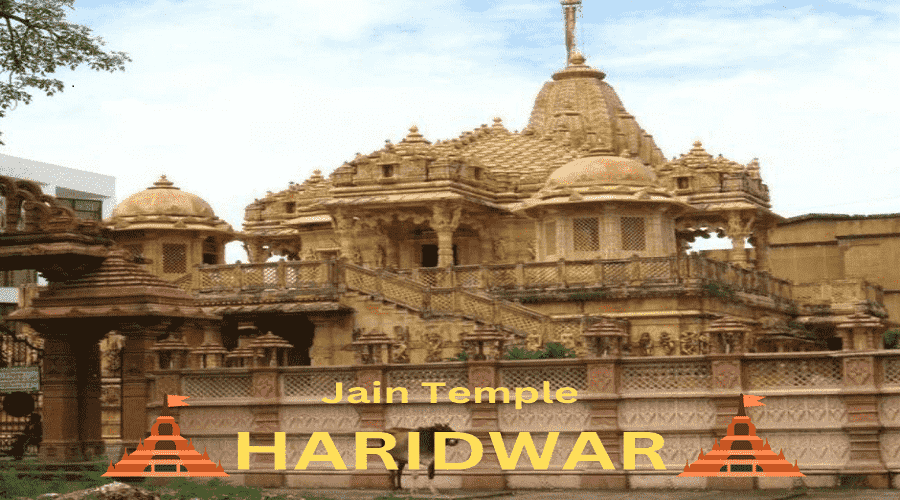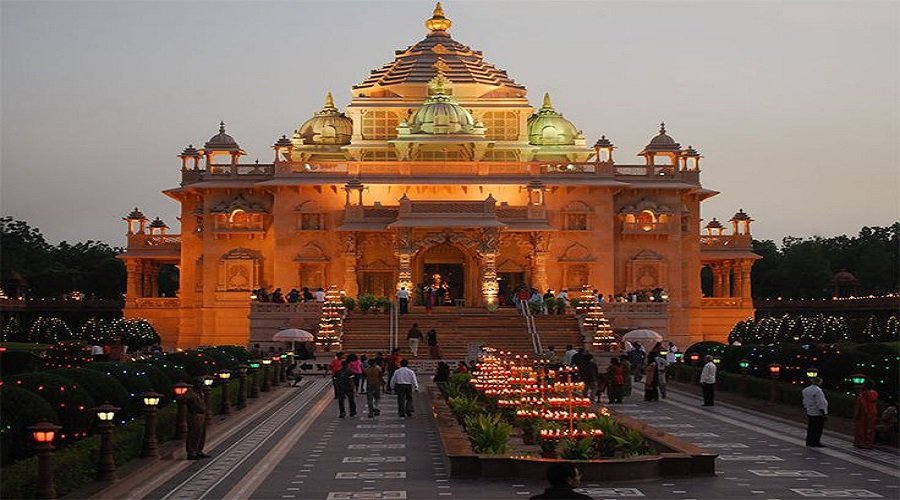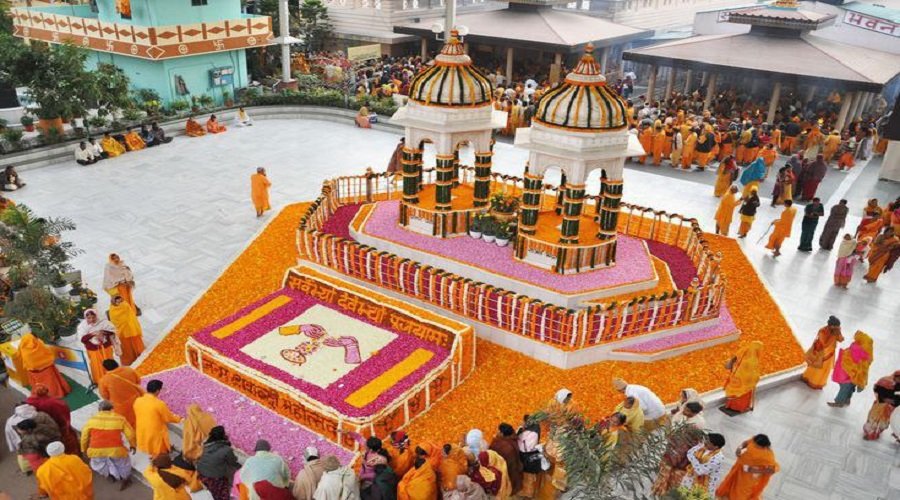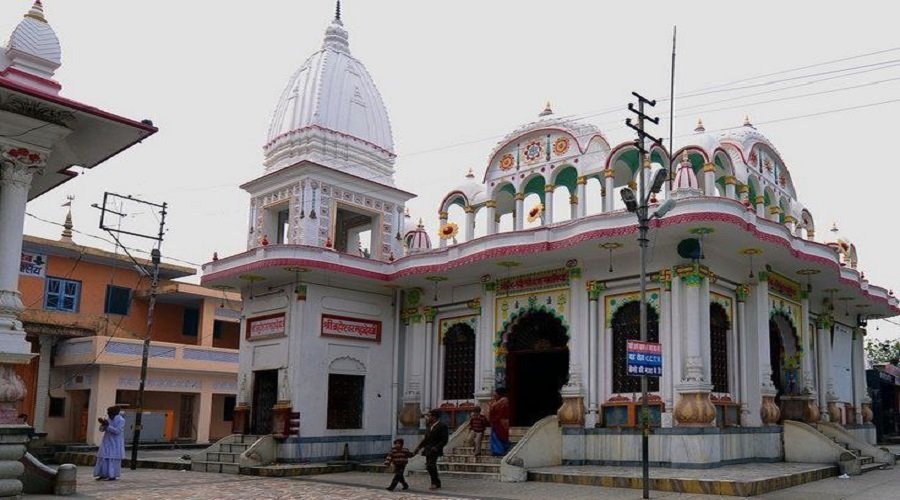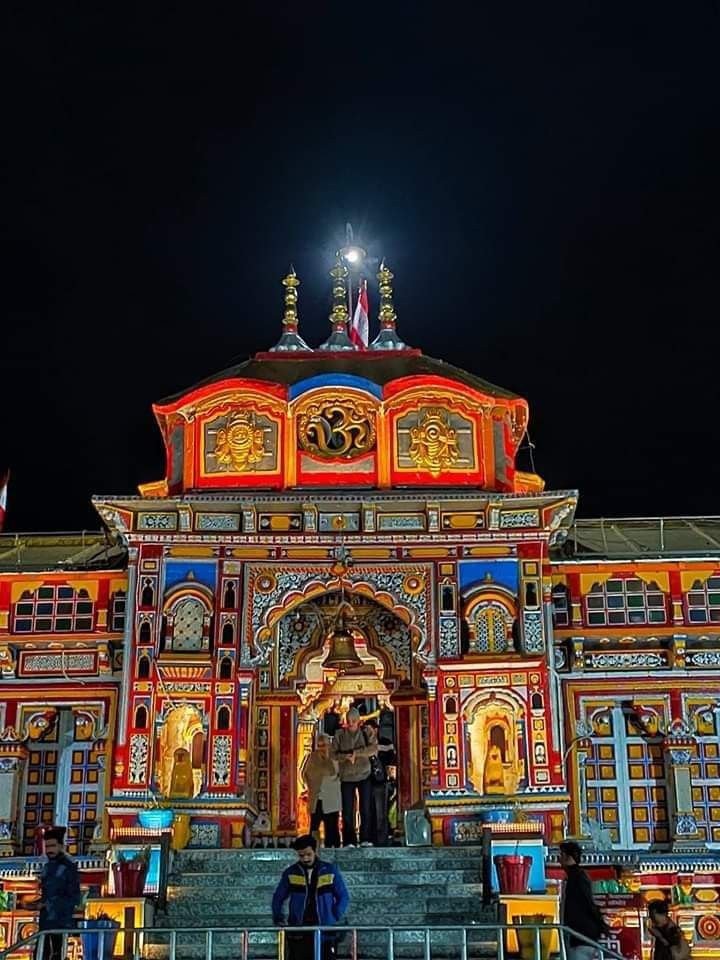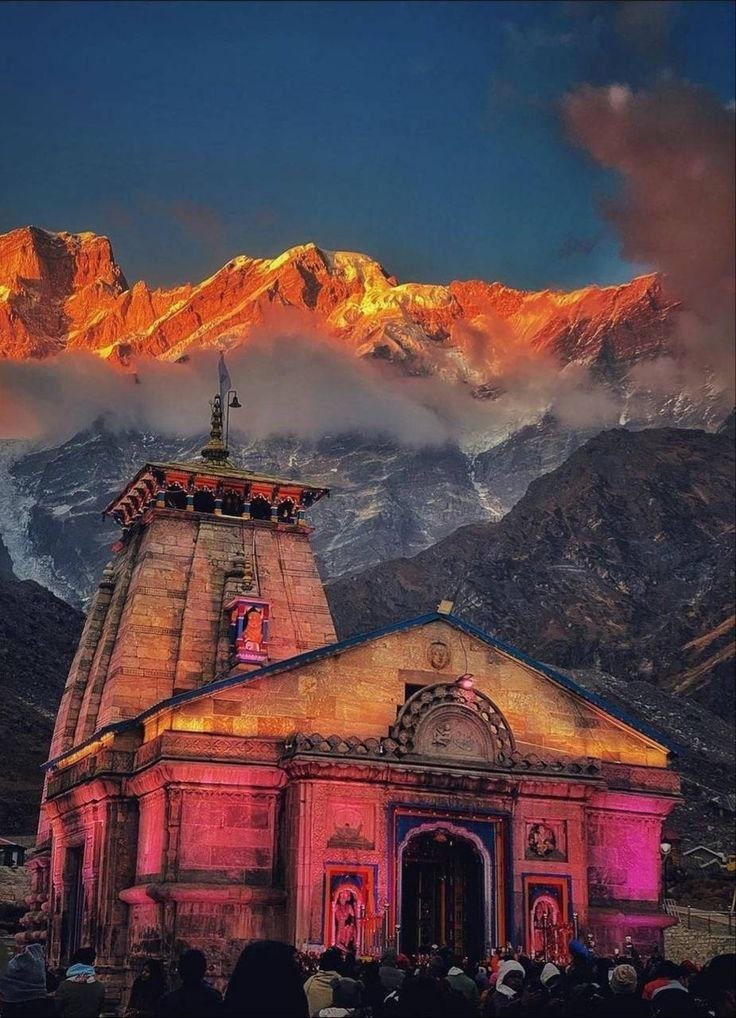Table of Contents
Toggle



About Jain Temple Haridwar
1. Location | Haridwar |
2. Worship | Lord Parshwanath, the 23rd Tirthankara of Jainism |
3. Architecture | Jain architecture with intricate carvings |
4. Importance | Religious importance for the Jain community |
5. Visiting | The temple is open to visitors of all faiths |
6. Festivals | Mahavir Jayanti and Paryushan Parva |
7. Surroundings | Peaceful atmosphere |
8. Services | Accommodation, Food. |
Jain Temple Haridwar Address
Shri Chintamani Parshwnath Jain Shwetambar Mandir Bhoopatwala, Rishikesh Road, Haridwar
Village/Town : Haridwar, District : Hardwar, State : UTTARAKHAND, Country : India, Pincode : 249401
Jain Temple Haridwar contact info
Phone: 01334-260263/ 260073
Frequently asked Question
1. Who is the founder of Jainism
The founder of Jainism is Lord Mahavira. He was born as Vardhamana Mahavira in 599 BCE in the ancient kingdom of Vaishali (in present-day Bihar, India). Mahavira is considered the 24th and last Tirthankara (ford-maker) in Jainism, who revitalized the Jain order. He attained enlightenment at the age of 42 and spent the rest of his life preaching Jain principles. His teachings formed the basis of Jain philosophy and ethics.
2. What are the beliefs of Jainism
Jainism is an ancient Indian religion that emphasizes non-violence (ahimsa), non-possessiveness (aparigraha), and asceticism. Some key beliefs of Jainism include.
1. Non-violence (Ahimsa): Jainism places a strong emphasis on non-violence towards all living beings. Jains are encouraged to practice compassion and non-harm in their thoughts, words, and actions.
2. Non-possessiveness (Aparigraha): Jains believe in limiting their attachment to material possessions. They practice simplicity and avoid excessive accumulation of wealth or belongings.
3. Karma: Jains believe in the concept of karma, which states that every action has consequences. They believe that one’s actions, intentions, and thoughts accumulate karma, which influences their future experiences.
4. Reincarnation (Samsara): Jains believe in the cycle of birth, death, and rebirth. They believe that the soul undergoes multiple births until it achieves liberation (moksha) from the cycle of rebirth.
5. Asceticism (Tapas): Some Jains practice asceticism as a means to purify the soul and attain spiritual liberation. Ascetics may observe strict vows of non-violence, celibacy, and simplicity.
6. Anekantavada: Jains believe in the principle of anekantavada, which means “non-one-sidedness” or “many-sidedness.” This principle acknowledges that truth and reality are complex and can be perceived from multiple perspectives.
3. Which is the famous temple in Jain.
One of the most famous Jain temples is the Dilwara Temples located in Mount Abu, Rajasthan, India. These temples are known for their exquisite marble carvings and architectural beauty. The Dilwara Temples are a sacred pilgrimage site for Jains and are renowned for their craftsmanship and stunning architecture.
4. Can non Jains enter Jain temple.
Yes, non-Jains are generally allowed to enter Jain temples. However, it is important to respect the rules and customs of the temple, such as removing shoes before entering and dressing modestly. Some temples may have specific restrictions or guidelines for non-Jain visitors, so it is advisable to inquire about any such rules before visiting.
5. Which is the holy palace of Jain
The holiest pilgrimage site for Jains is Shatrunjaya Hill in Palitana, Gujarat, India. It is home to the Shri Shatrunjaya Tirtha, a collection of over 800 temples that are considered among the most sacred in Jainism. Devotees believe that visiting and climbing the 3,572 steps to the temples can help attain spiritual elevation and liberation.
6. What caste are Jains
Jains do not belong to a specific caste. Jainism emphasizes the principle of equality and considers all beings, regardless of caste, creed, or gender, as equal. Jains believe in the concept of soul, which is believed to be the same in all living beings, and thus reject the notion of caste distinctions.
7. What can't Jains eat
Jains follow a strict vegetarian diet due to their belief in non-violence (ahimsa) towards all living beings. In addition to avoiding meat, fish, and eggs, Jains also refrain from consuming root vegetables such as potatoes, onions, garlic, and carrots, as harvesting these vegetables involves uprooting the entire plant, which can harm organisms living in the soil. Jains also avoid certain foods and drinks believed to cause harm or increase attachment, such as alcohol and certain types of fruits and vegetables with strong odors or colors.
8. Why Jains Can’t walk on grass
Jains avoid walking on grass or any living plants whenever possible because of their principle of non-violence (ahimsa). Walking on grass could potentially harm insects or other small organisms living in the grass, which goes against the Jain belief in minimizing harm to all living beings. Jains strive to live in harmony with nature and practice compassion towards all forms of life, no matter how small.

